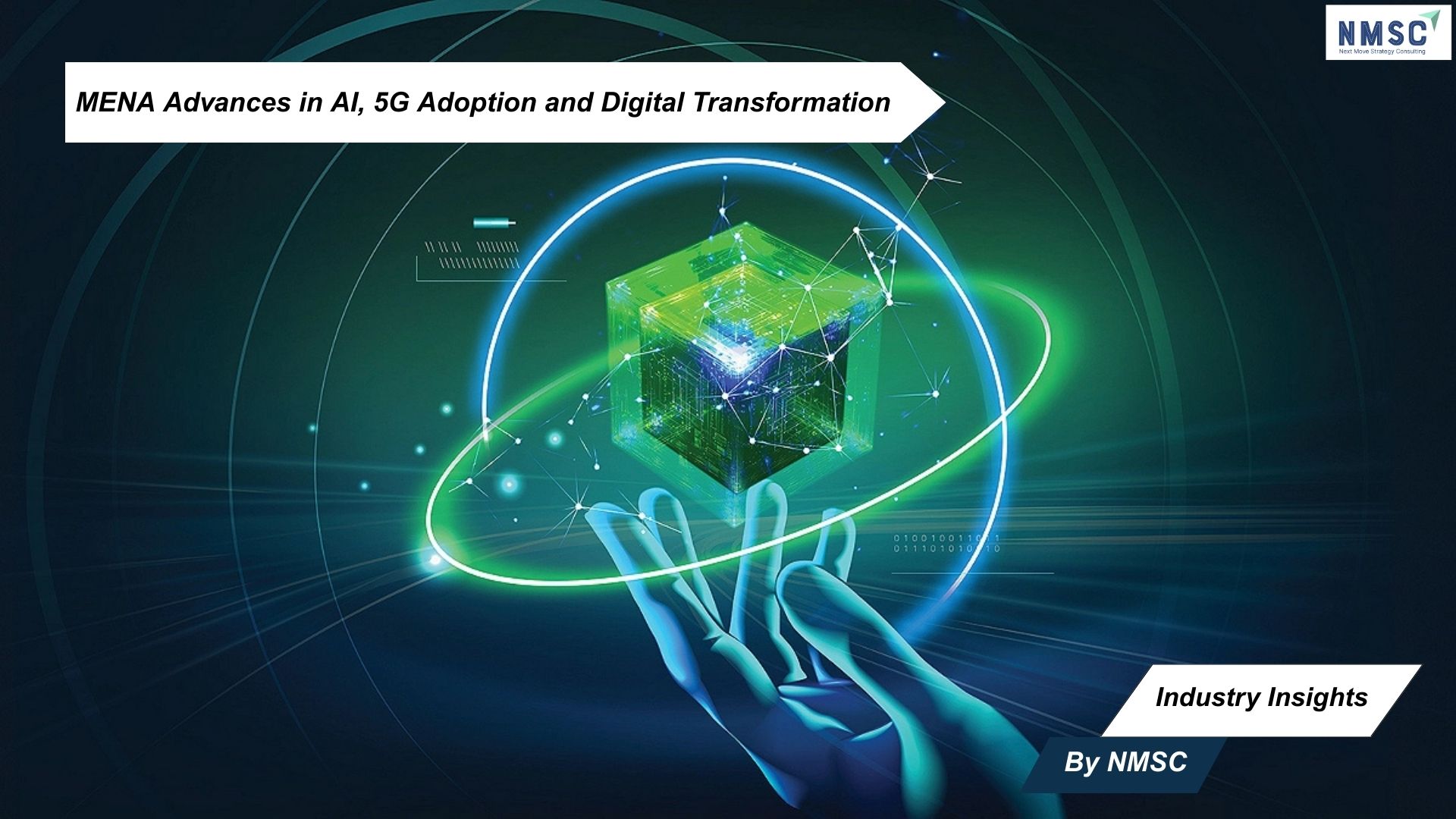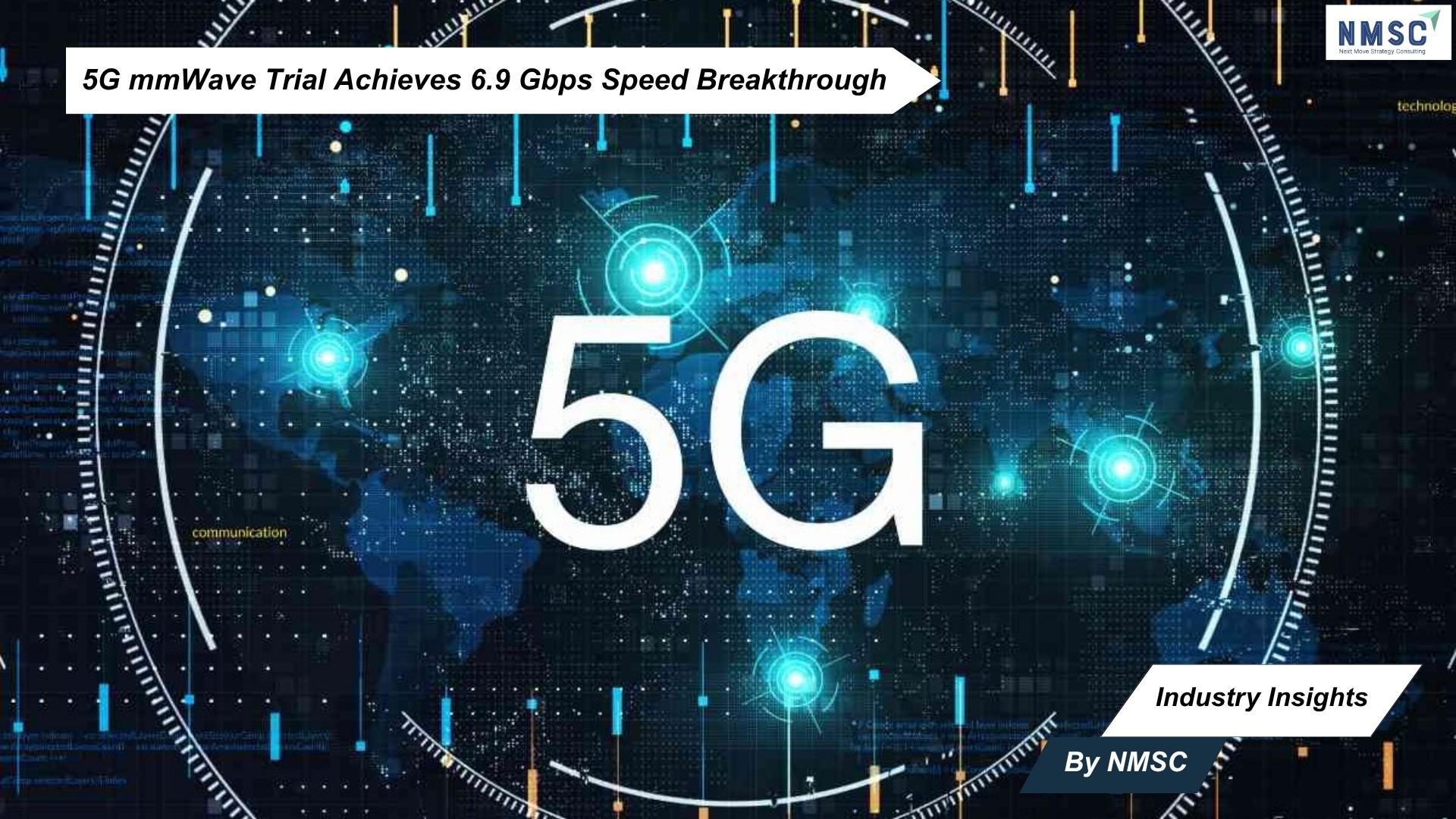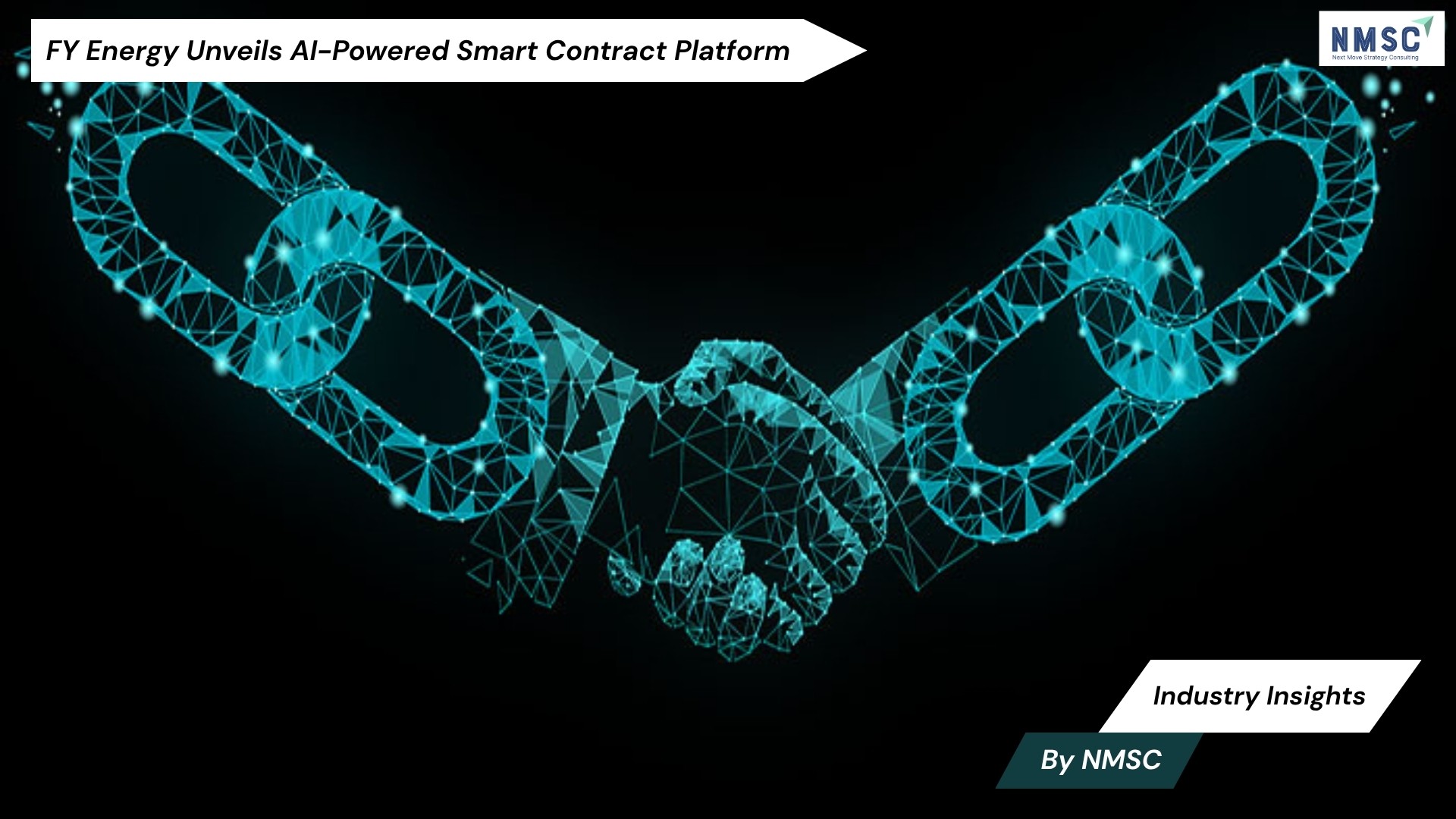MENA Advances in AI, 5G Adoption and Digital Transformation
Published: 2025-11-26

Industry Insights from Next Move Strategy Consulting
At the inaugural MWC25 Doha, a new GSMA report revealed that the Middle East and North Africa (MENA) region is rapidly advancing its digital transformation efforts, outpacing many global markets in the adoption of AI, 5G, and next-generation technologies. Backed by ambitious national digital agendas and robust enterprise investment, the region is accelerating progress across key sectors including healthcare, energy, transport, and cybersecurity.
Drawing on extensive survey data from more than 850 enterprises across 10 industries and eight MENA countries, the report highlights how organizations are prioritizing technologies that directly enhance societal well-being from safer mobility systems to higher-efficiency energy solutions.
A Region Setting the Pace for Digital Innovation
MENA enterprises are demonstrating remarkable confidence in their digital future, with spending on digital transformation projected to average 9.8% of revenues between 2025 and 2030. Within the Gulf Cooperation Council (GCC), this investment is already strengthening government services, expanding support for small businesses, and cultivating new opportunities for emerging digital talent.
“MENA has become a global benchmark for digital transformation. Businesses here are deploying 5G, AI and IoT at a faster pace than many developed markets, fuelled by visionary government strategies and a private sector committed to long-term innovation,” said Jawad Abbassi, Head of MENA, GSMA, emphasizing the need for continued collaboration among policymakers, operators and enterprises.
GCC Takes the Lead in AI and 5G Deployment
The report positions the GCC as a global leader in deploying advanced digital infrastructure:
-
Qatar ranks highest for enterprise use of AI, big data, and private 5G networks.
-
The UAE leads in advanced usage of cybersecurity, cloud, generative AI, and edge computing.
-
Saudi Arabia tops global IoT adoption and records the world’s fastest expected ROI timeline of 3.3 years, significantly shorter than the regional average of 4.7 years.
Across MENA, AI, mobility technologies, and connected devices will make up nearly 45% of digital transformation spending through 2030 — a clear signal of the region’s shift toward smart, mobile-first strategies to sustain competitive advantage.
AI Moves Into the Core of Enterprise Strategy
AI adoption has accelerated sharply, with 39% of enterprises already using generative AI at an advanced level. Financial services, automotive, and utilities stand out as the early leaders in leveraging AI to strengthen security, streamline operations and boost productivity.
The report underscores that AI’s impact will continue to expand across all business segments, reinforcing its role as a foundational driver of MENA’s digital evolution.
5G Unlocking New Industrial Possibilities
5G remains at the center of enterprise transformation across the region:
Qatar ranks among the highest globally for the strategic significance of private 5G networks, supported by forward-leaning regulatory models.
Automotive, utilities and logistics anticipate the greatest gains from 5G IoT, with transformative implications for real-time operations and industrial automation.
The GCC is also at the forefront of 5G-Advanced deployment, with operators in the UAE and Kuwait among the first globally to launch commercial services.
Growing Opportunities for Telecom Operators and Policymakers
The report identifies a clear shift in enterprise expectations: 18% of companies across MENA now see telecom operators as their preferred digital transformation partners — a higher proportion than the global average.
As demand rises for integrated, secure, and scalable solutions, operators are positioned to evolve beyond connectivity providers into long-term digital transformation enablers, particularly in sectors such as finance, healthcare, and public services.
Looking ahead, enterprises expect 6G to amplify advanced AI, robotics, and autonomous mobility, reflecting early preparation for future waves of innovation.
Key Findings section rewritten as a single professional paragraph:
The GSMA report highlights several significant trends shaping the region’s digital landscape. Saudi Arabia, Qatar, and the UAE rank among the top seven global spenders on digital transformation, underscoring the region’s strong commitment to technological advancement. Overall, MENA enterprises allocate 9.8% of their revenues to digital transformation initiatives, with GCC organizations averaging slightly higher at 9.9%. AI, mobile connectivity, and associated devices are poised to represent 45% of total technology spending through 2030, reflecting the growing reliance on intelligent and mobile-first systems. Enterprises anticipate a return on investment within 4.7 years on average, with Saudi Arabia leading globally at just 3.3 years. Additionally, 39% of businesses across the region already employ generative AI at an advanced level, while the GCC maintains global leadership in both 5G-Advanced and IoT adoption.
Next Move Strategy Consulting’s View
According to Next Move Strategy Consulting, the momentum captured in the GSMA report reflects a broader market trajectory defined by rapid technology integration, strong policy support, and rising enterprise demand for intelligent, connected systems. As AI, 5G and IoT adoption accelerates across industries, the Digital Transformation Market is expected to benefit from sustained investment and expanding cross-sector collaboration.
The consultancy notes that MENA’s early readiness for next-generation connectivity — including private 5G networks and anticipated 6G capabilities — positions the region as an influential player in shaping global digital transformation standards. Strategic alignment between operators, enterprises and regulators will be critical to preserving this leadership and enabling scalable, future-ready digital ecosystems.
Source: TechAfrica News
Prepared by: Next Move Strategy Consulting
About the Author
 Tania Dey is a highly experienced Content Writer and a passionate SEO Executive with a specialized focus on digital transformation, technology trends, and industry-focused insights. She has honed her expertise in creating compelling, data-driven content that not only enhances online visibility but also aligns with the ever-evolving demands of modern business landscapes. Her work spans a diverse range of industries, including technology, and digital services, enabling organizations to communicate their vision and value propositions effectively to both niches.
Tania Dey is a highly experienced Content Writer and a passionate SEO Executive with a specialized focus on digital transformation, technology trends, and industry-focused insights. She has honed her expertise in creating compelling, data-driven content that not only enhances online visibility but also aligns with the ever-evolving demands of modern business landscapes. Her work spans a diverse range of industries, including technology, and digital services, enabling organizations to communicate their vision and value propositions effectively to both niches.
About the Reviewer
 Sanyukta Deb is an accomplished Content Writer and Digital Marketing Strategist with extensive expertise in content strategy, SEO, and audience engagement. She specializes in building strong brand visibility through data-driven campaigns and impactful, value-added researched content. With a passion for creativity and innovation, she blends strategic thinking with design and communication to craft meaningful digital experiences. Over the years, she has contributed cross-functional marketing projects, driving measurable impact and audience engagement.
Sanyukta Deb is an accomplished Content Writer and Digital Marketing Strategist with extensive expertise in content strategy, SEO, and audience engagement. She specializes in building strong brand visibility through data-driven campaigns and impactful, value-added researched content. With a passion for creativity and innovation, she blends strategic thinking with design and communication to craft meaningful digital experiences. Over the years, she has contributed cross-functional marketing projects, driving measurable impact and audience engagement.
















Add Comment